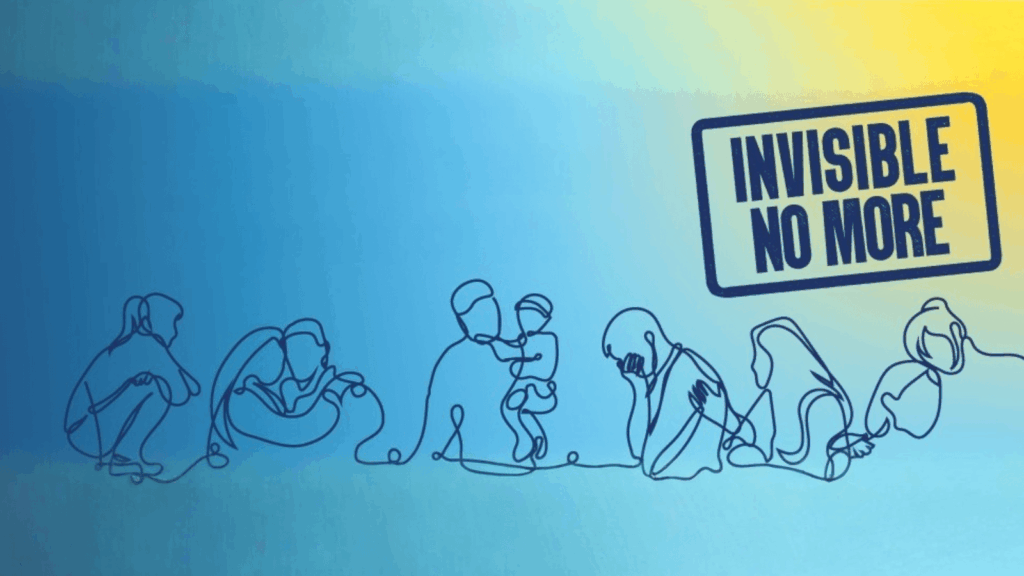Empowerment, resilience, and inclusion
Eurodiaconia welcomes the European Commission’s commitment to address the root causes of poverty through the development of the first-ever EU Anti-Poverty Strategy. This initiative comes at a crucial time, as poverty and social exclusion continue to affect millions of people across Europe, exacerbated by economic uncertainties, growing inequalities, and the ongoing impacts of the cost of living and energy crisis.
At a time when narratives around poverty and social exclusion are increasingly negative it is essential that the European Commission adopts a positive, proactive approach that places people at the center by promoting a holistic and integrated Strategy and recognizing the multidimensional nature of poverty. The upcoming strategy must therefore not only address immediate needs but also foster long-term solutions to break intergenerational cycles of poverty and social exclusion.
Our vision is built on three core pillars:
- Empowering people for a sustainable transition
People need to be enabled and empowered to transition into good jobs. To ensure this, the Strategy should promote inclusive labour markets, quality employment, and targeted measures that support those most at risk of exclusion. These measures should also address the specific needs of the health and long-term care sector and prevent in-work poverty. Additionally, the green and digital transition must go hand in hand with social justice, ensuring that people experiencing poverty are not left behind.
- Building resilience through strengthening social and healthcare services as well as communities
Social and healthcare services are the backbone of the fight against poverty. The Anti-Poverty strategy must prioritise investments in these sectors, strengthen social investment through the European Semester, and adapt state aid rules and public procurement mechanisms to create an enabling environment for service providers. Moreover, affected communities and NGOs, including faith-based organisations, should be empowered and their voices included in the design and implementation of the Strategy.
- Ensuring inclusion through opportunities and security for all.
From tackling child poverty to preventing homelessness, the Anti-Poverty Strategy must address both immediate needs and systemic causes. This includes breaking the cycle of intergenerational poverty, improving access to essential services, guaranteeing social protection and ensuring inclusive policies for marginalised groups. The Strategy should prioritise access to adequate, social and affordable housing while establishing concrete and achievable milestones to meet the overreaching goal of eradicating homelessness by 2030.
As a network rooted in communities across Europe, Eurodiaconia stands ready to contribute with its expertise, partnership, and hope. On the International Day for the Eradication of Poverty, we underline that the upcoming Anti-Poverty Strategy must not only address immediate needs but also lay the foundations for long-term, structural change, ensuring that every person in Europe can live in dignity, free from poverty and social exclusion.



